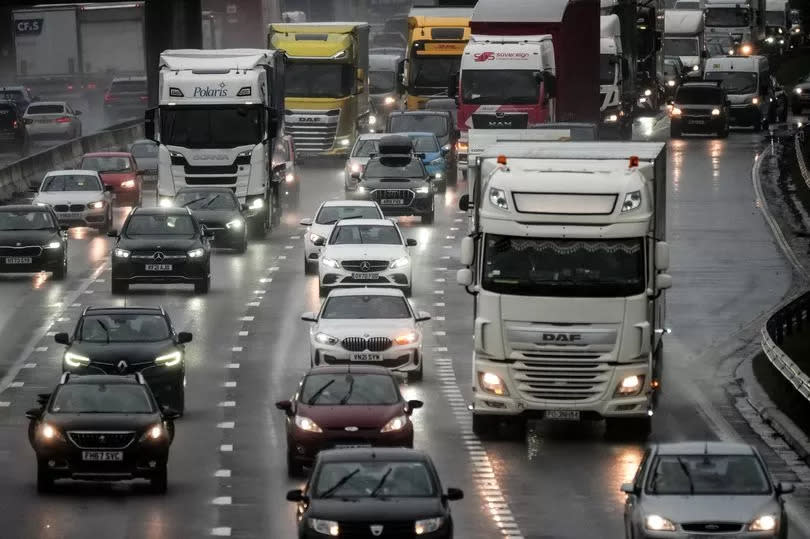Every driver in UK facing 'blanket' penalty amid new car charges

Drivers in the UK could face an "unexpected penalty" under new car tax rates. Vehicle Excise Duty (VED) has increased, resulting in charges of over £600 for some drivers during the cost of living crisis.
Matthew Walters, Head of Consultancy and Customer Value at ALD Automotive|LeasePlan (UK), said: "This blanket approach to raising VED creates some unexpected penalties for EV drivers compared to their petrol and diesel counterparts. While zero-emission vehicles continue to be exempt from VED, there will be an increase the following year with rates set to be equalised across petrol, diesel, hybrid and electric cars, including the expensive car supplement currently £390 for vehicles priced over £40,000."
He added: "This appears to be a counterproductive strategy from the Government if the aim is to encourage a transition to EVs, with all drivers facing price rises across the board."
One driver commented online: "Just shows how much even motoring reporters are out of touch when some motorists have to pay over £600 VED and some have to pay over £730 and that is not even extra on a new car! Another disgruntled motorist fumed: "Mine is £415 a year now. I do 1300 miles a year in my car. 32p a mile VED. I do more miles than that on my mountain bike every year," reports Birmingham Live.
At present, electric vehicle owners in the UK are exempt from paying any vehicle tax. This annual Vehicle Excise Duty (VED) is currently waived under government rules. However, this exemption is set to end in 2025.

 Yahoo News
Yahoo News 
